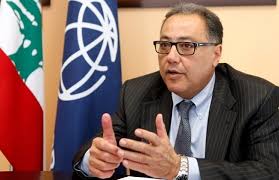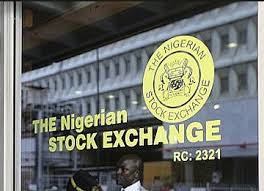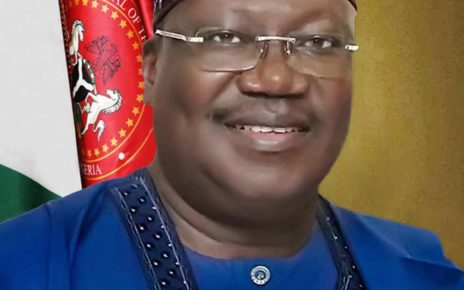Fiscally challenged by dwindling revenue earnings as the volatility of the international oil market continued to great toll on revenue collections nine months into the 2019 financial year, Nigeria is seeking the World Bank’s support through concessionary lending of about $2.5 billion.
The Bank’s Vice President for Africa Hafez Ghanem, who gave this hint in Abuja, said that in the past year Nigeria had received $2.4 billion from the multilateral financial institution, adding that “we’re talking about a new set of programs of about the same amount, it should be around $2.5 billion.”
With Nigeria’s gross domestic product (GDP) expanding only 1.9 per cent in the three months through June, slowing for the third consecutive quarter, the World Bank had last April revised its 2019 growth forecast for Nigeria to 2.1 percent from 2.2 percent it earlier projected for the country.
Reflecting on the country’s current growth rate, Ghanem noted that “the current economic performance of Nigeria is not enough to reduce poverty.
“We need to accelerate growth. It’s important to resolve the problems of the power sector in Nigeria to bring in more investments because you need to bring down the cost of power to make the economy more competitive for the development of industries.
“Nigeria has a comparative advantage in that area because of the youth, a majority of the population is young. So if we want to create jobs, we need to invest much more in the digital economy”, the banker added
According to the World Bank official, its focus in Nigeria is to lift about 100 million Nigerians, half of the population, out of poverty, with special emphasis on women’s education, expanding digital opportunities and solving a power crisis that hobbles economic activities.
Ghanem also explained that the bank was supporting digital transformation in Nigeria because of its potential ability to transform other areas of the economy including industry, agriculture and services.
Recently, analysts had expressed serious concern about Nigeria’s rising debt stocks and the sustainability with domestic debt rising to $55.6 billion and foreign loans peaking at $25.6 billion.
But then, the Debt Management Office (DMO) has maintained that the debt stock remained sustainable based on the globally accepted GDP to debt ratio threshold.




